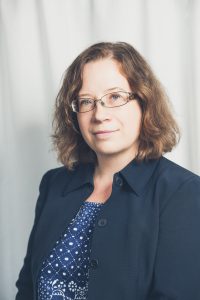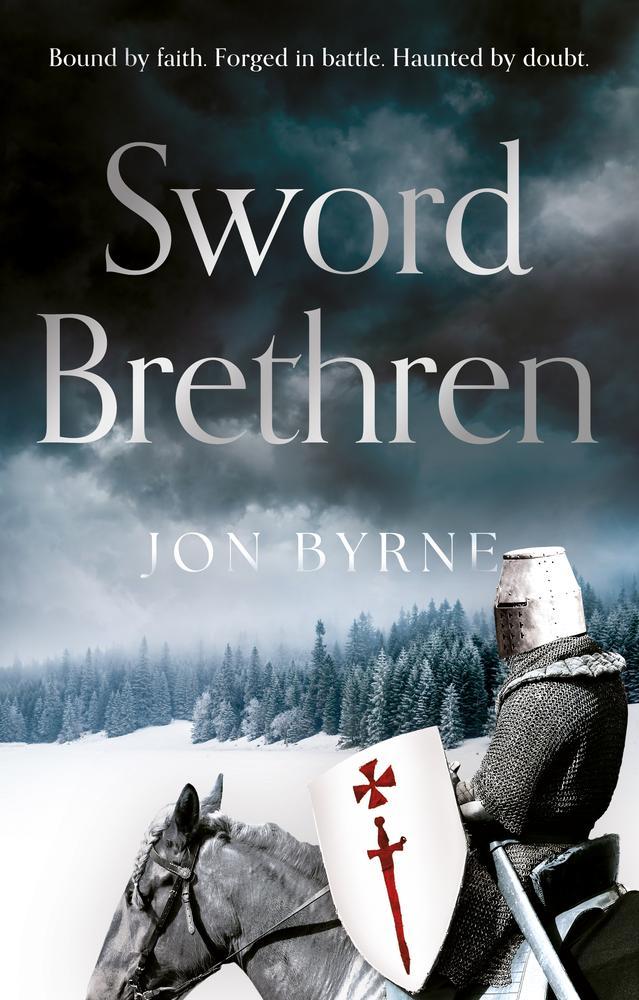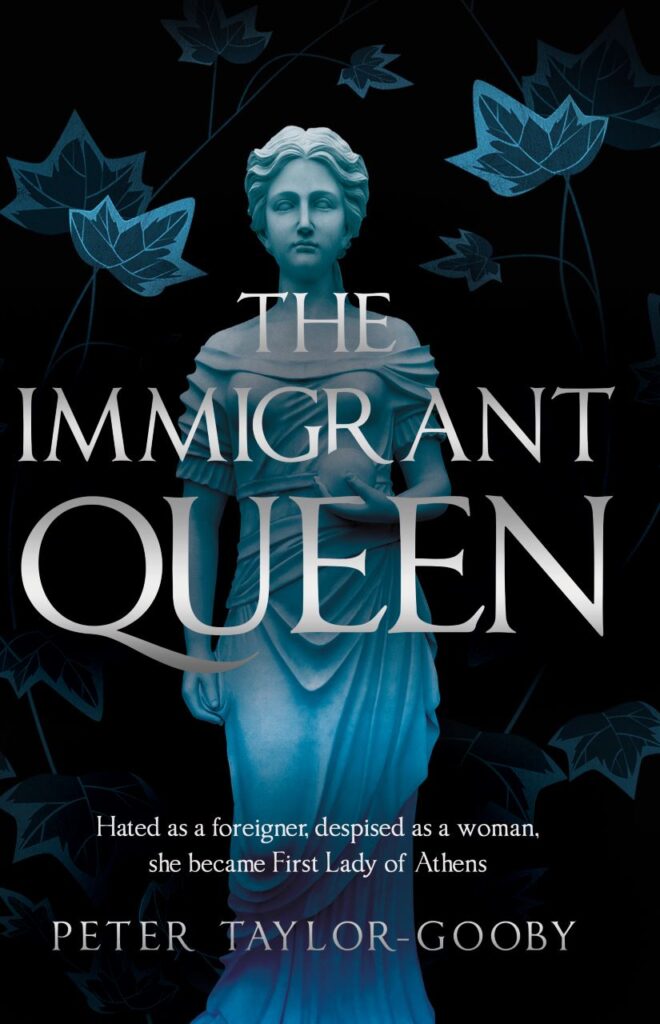Ask the Agent: Richard Lee Talks to Kate Nash

Kate Nash
I think I can justifiably call Kate Nash a ‘society friendly’ agent. I met her first at a Romantic Novelists’ Association event, and have chatted to her at frequent subsequent ones. She has attended several UK HNS conferences, and has generously offered pitch sessions for us, and one-to-one advice to emerging authors. After our Scottish conference in August 2018, delegates offered feedback on their meetings with her, and these were some of the words they chose: constructive, insightful, on it, not intimidating at all, helpful, encouraging, thoughtful, and valuable.
Kate founded her agency (the Kate Nash Literary Agency) in 2009 and now represents more than 30 authors. She describes herself as a ‘former author, publisher, publicist and marketer.’ Full details of her submissions policy can be found on the agency website (https://katenashlit.co.uk), but she confirms that her agency is still actively seeking clients who write general or genre historical fiction. Kate only represents stories with a female protagonist, and her tastes are ‘highly commercial’ rather than literary. Fellow agent Lina Langlee also favours commercial fiction ‘with a lot of heart.’ Both agents enjoy crime fiction, with Lina adding a speciality of Young Adult fiction.
The Kate Nash Literary Agency was listed at 20th in the UK for fiction by Publishers Marketplace, based on number of deals made (February 2017). Kate was named a Bookseller Rising Star in 2018, and was runner-up for the Romantic Novelists’ Association Agent of the Year Award in 2018.
Richard Lee: Lovely to get the chance to chat with you at our conference. Did you sign anyone after meeting them there? Have you signed people at other conferences (HNS or RNA or other)?
Kate Nash: I saw some excellent writers at the HNS Conference in Scotland, and did offer representation to one writer but this was based on revisions to the story that the writer did not want to make. Another writer wasn’t quite right for me but has been taken on by another agent who was at the conference. However, not all the writers one meets at a conference have completed novels, so I still have manuscripts I have requested to come in later this year and possibly beyond. Conferences are a good way for writers to make contact with agents, and I do represent two authors I have first met at previous HNS conferences.
As I have a relatively full list I am never looking to take on more than a handful of new clients a year. I took on five new clients in 2018: two from our general submissions, one from a conference, one from our agency open day in Dublin and one from personal recommendation.
Richard Lee: Tell us about your historical fiction authors – the sorts of books they write, why they stand out for you, and what plans you have for them.
Kate Nash: I represent a variety of authors who write novels set in the past. In particular, I am a huge fan of sagas, especially stories that pack an emotional punch because they deal with family drama. The Lost Daughter by Sylvia Broady (Allison and Busby) is a good example as it follows a mother trying to track down her missing daughter. Or Terri Nixon’s Penhaligon Saga series (Piatkus) that deals with secrets and struggles. I also enjoy historical crime. Anita Davison manages to mix a good murder mystery and family drama in her Flora Maguire series (Aria) set in Edwardian England, and Faith Martin’s Ryder and Loveday series pairs two wonderfully drawn characters into an unlikely crime solving duo set in 1960s Oxford (HarperCollins HQ).
Richard Lee: I saw you tweet recently that you enjoyed the drama Mrs Wilson on TV, and would be glad to see manuscripts on a similar theme. Have you had any luck with that? How important is timing/zeitgeist to a pitch?
Kate Nash: Zeitgeist is always important, but because personal taste is so important as an agent I have my own “wish list” of the kinds of things I’d love to see coming in on submission at any particular time. Realism in fiction is my watchword, whether contemporary or historical, and Mrs Wilson was a very special story for being true [actress Ruth Wilson stars in the role of her real-life grandmother] and dealing with bigamy and its emotional consequences, which I haven’t seen in any fiction coming into our submissions inbox. Also on TV in the last year I very much enjoyed Below the Surface, which was a Danish TV drama about a hijacking on the Copenhagen underground. Again, whether historical or contemporary, I don’t see enough of this kind of life or death drama coming in on submission, and I’d love to. I am hoping that historical adventure is due for a comeback.
Richard Lee: At our conference I remember you being cross about the negativity on some of the panels talking about the industry and sales. Why did this annoy you, and how do you stay positive?
Kate Nash: I was very cross to hear some panelists speak negatively about the publishing experience for authors. Authors, publishers and agents all have a common goal in the commercial world of publishing and that is to sell books. Of course there are setbacks, like in any industry where luck or zeitgeist sometimes seems to count for as much as talent. What we do at my agency is make sure that all authors have an agreed strategic direction which I think helps everyone put any short term setbacks into context. And, of course, I can be selective about which publishers to work with, making sure to match the right author and publisher so far as possible, making sure that publishers are committed to, and deliver, proper marketing and publicity plans. Naturally I would recommend that every author aiming for commercial publication should get an agent and don’t rush to sign any contract with a publisher. Agents are there to get authors fair terms, better terms, make sure authors are paid and try and make the publishing experience smoother because even at the best, most author-focussed publishers, something will go awry at some point.
Richard Lee: Your agency seems to be going from strength to strength, and I was delighted to see you shortlisted for an RNA industry award. Do you have a 5 year plan for the business? What is next?
Kate Nash: It is a huge privilege and also slightly daunting to be at the helm of a growing business. At the heart of everything are our authors and so we want success for them individually, and then the business will grow organically from that. Having said that, I am expecting the next few years to have plenty of challenges with the macro-economic climate. So it’s more important than ever for all our authors to be thinking of international opportunities and different formats. UK retail is only a small part of the earnings pie for most authors.
Richard Lee: Tell me about three of your all time favourite novels, and why they mean what they do to you.
Kate Nash: As a fan of realism, I have to mention Anthony Trollope’s The Way We Live Now with its conflicted, morally ambiguous and realistic characters. For adventure, I always come back to Rogue Male by Geoffrey Household. Every aspiring thriller writer should read it for the execution of the escape plot. For romance, Jane Austen’s Pride and Prejudice which succeeds because of its characters and their dialogue. Every Austen character, however minor to the story, is fully rounded.
Richard Lee: Do you have any advice to Indie authors who want to find a traditional publisher? How should they position themselves, and what aspects of their success would prove most attractive to traditional publishing?
Kate Nash: It’s always about the story rather than what an Indie author may or may not have done or sold self-publishing wise. Approach agents in the usual way (up to date submission guidelines can be found on all agents’ websites) and be prepared to possibly have to do editorial work in order to improve your storytelling and/or better position your story to the commercial market.
Many thanks to Kate for her long term support of the HNS. It was good fun and very instructive for me to enjoy time with her and Justin in the bar at the Westerwood Hotel, chewing the cud of the conference.
For more about the Kate Nash Literary Agency, follow Kate and Lina on Twitter: @katenashagent and @linalanglee
For more on agents in general, please take a look at our 5-Step Online Guide ‘How to find a literary agent for historical fiction,’ and sign up for our newsletter. We offer the following introductory list to literary agents who have a love of historical fiction, along with recently sold titles. We actively encourage members to write in and help us to extend the list.
Please note: although all the agents on this list are actively selling historical fiction, not all accept new clients. Our advice is to research each individual carefully.
AGENT LISTING:
Vicky Bijur, Vicky Bijur Literary Agency
http://www.vickybijuragency.com
Sujata Massey, The Widows of Malabar
Laura Bradford, Bradford Literary Agency
http://bradfordlit.com
Soraya Lane, Wives of War
Isobel Dixon, Blake Friedmann
http://blakefriedmann.co.uk
David Gilman, Night Flight to Paris
Broo Docherty, DHH Literary Agency
http://www.dhhliteraryagency.com
Sophie Duffy, Betsy and Lilibet
James Gill, United Artists
https://www.unitedagents.co.uk
Toby Clements, A Good Deliverance
Jemima Hunt, The Writers’ Practice
http://thewriterspractice.com
H.B. Lyle, The Irregular: A Different
Class of Spy
Caroline Michel, PFD
https://www.petersfraserdunlop.com
Jessica Fellowes, The Mitford Murders
Madeleine Milburn, Madeleine Milburn Agency
http://madeleinemilburn.co.uk
Elizabeth Macneal, The Doll Factory
Juliet Mushens, Caskie Mushens
http://www.caskiemushens.com
Laura Purcell, The Corset
Kate Nash, Kate Nash Literary Agency
https://katenashlit.co.uk
Terri Nixon, Penhaligon’s Gift
Peter Straus, Rogers Coleridge and White
https://www.rcwlitagency.com
Kevin Powers, A Shout in the Ruins
Karolina Sutton, Curtis Brown
https://www.curtisbrown.co.uk
Kelleigh Greenberg-Jephcott, Swan Song
Barbara Braun, Barbara Braun & Associates
http://www.barbarabraunagency.com
Elise Hooper, Learning to See
Michelle Brower, Aevitas
http://aevitascreative.com
Kris Waldherr, The Lost History of Dreams
Laura Crockett, TriadaUS Literary Agency
http://www.triadaus.com
Clarissa Harwood, Impossible Saints
Sandra Dijkstra, Sandra Dijkstra Literary Agency
https://dijkstraagency.com
Jasmin Darznik, Song of a Captive Bird
Jim Frenkel, James Frenkel & Associates
http://jimfrenkel.wixsite.com/james-frenkel-assoc
Karen Brooks, The Locksmith’s Daughter
Josh Getzler, Hannigan Salky Getzler
http://www.hsgagency.com
Karen Odden, The Piano Girl of Soho
Jeff Kleinman, Folio Literary Management
http://www.foliolit.com
Lara Prescott, We Were Never Here
Ellen Levine, Trident Media
https://www.tridentmediagroup.com
Linda Spalding, A Reckoning
Kevan Lyon, Marsal Lyon Literary Agency
http://www.marsallyonliteraryagency.com
Stephanie Dray, The Women of Chavaniac
Michelle Richter, Fuse Literary
https://www.fuseliterary.com
C. C. Humphreys, Chasing the Wind
Annalise Robey, The Jane Rotrosen Agency
https://www.janerotrosen.com
Karen Harper, American Duchess
Fred Tribuzzo, The Rudy Agency
http://rudyagency.com
Mary Lawrence, The Alchemist of Lost Souls
About the contributor: Richard Lee is founder and chairman of the Historical Novel Society. He is writing a novel about the Crusades.
Published in Historical Novels Review | Issue 87 (February 2019)






